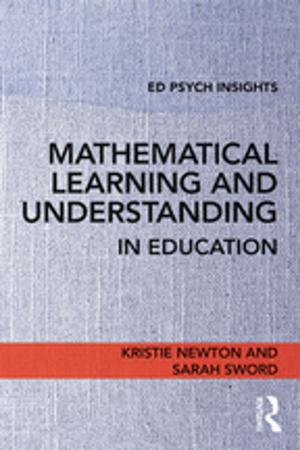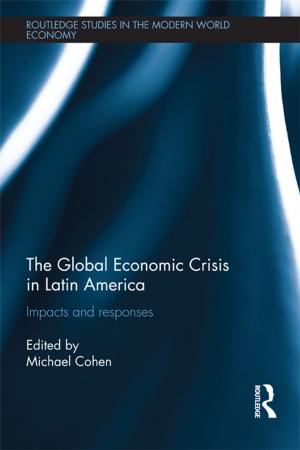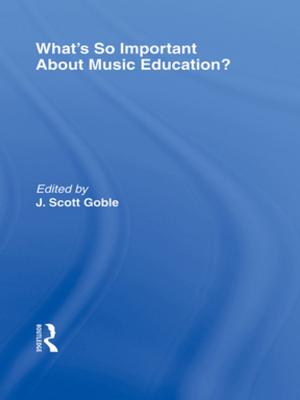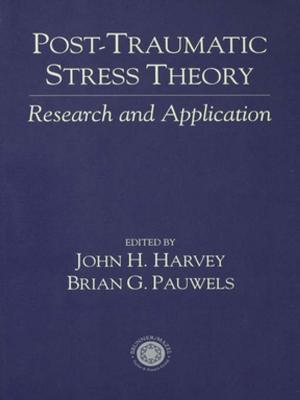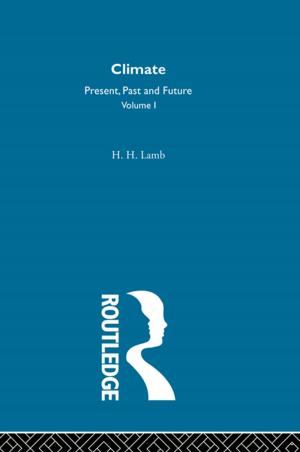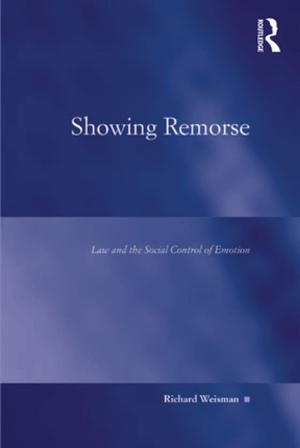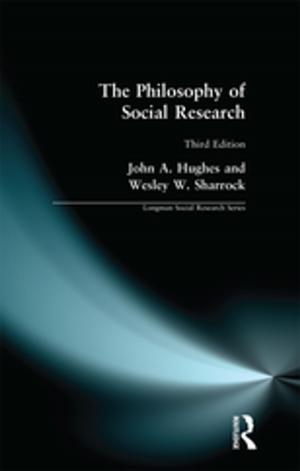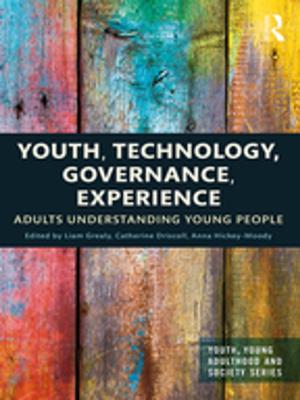The Re-Emergence of the Single State Solution in Palestine/Israel
Countering an Illusion
Nonfiction, Social & Cultural Studies, Political Science, International, International Relations, Social Science| Author: | Cherine Hussein | ISBN: | 9781317570370 |
| Publisher: | Taylor and Francis | Publication: | February 11, 2015 |
| Imprint: | Routledge | Language: | English |
| Author: | Cherine Hussein |
| ISBN: | 9781317570370 |
| Publisher: | Taylor and Francis |
| Publication: | February 11, 2015 |
| Imprint: | Routledge |
| Language: | English |
Providing the first in-depth intellectual and organizational mapping of the single state idea’s recent resurgence in Palestine/Israel, this book enquires into its nature as a phenomenon of resistance, as well as into its potential as a counterhegemonic force in the making against the processes of Zionism.
Reconstructing this moment of re-emergence through primary material and interviews with diverse influential intellectuals—its analysis highlights their self-understandings, worldviews, strategies and perceptions of the phenomenon in which they are involved, while questioning whether the single state idea has the potential to become a Gramscian inspired movement of resistance against Zionism. In presenting this rare insight into a resistance movement in the making, this book resurrects an empowering image of Antonio Gramsci infused with the writings of Edward Said. This it does in an effort to both problematize the dominant interpretations of Gramsci’s writings in International Relations, and to decolonise the abstract way in which resistance and counter hegemony are often studied in the discipline.
Contributing a mapping of a silenced alternative and hopeful way forward in the context of escalating violence, this book is essential reading for those studying the Arab-Israeli conflict, Middle East Politics and International Relations.
Providing the first in-depth intellectual and organizational mapping of the single state idea’s recent resurgence in Palestine/Israel, this book enquires into its nature as a phenomenon of resistance, as well as into its potential as a counterhegemonic force in the making against the processes of Zionism.
Reconstructing this moment of re-emergence through primary material and interviews with diverse influential intellectuals—its analysis highlights their self-understandings, worldviews, strategies and perceptions of the phenomenon in which they are involved, while questioning whether the single state idea has the potential to become a Gramscian inspired movement of resistance against Zionism. In presenting this rare insight into a resistance movement in the making, this book resurrects an empowering image of Antonio Gramsci infused with the writings of Edward Said. This it does in an effort to both problematize the dominant interpretations of Gramsci’s writings in International Relations, and to decolonise the abstract way in which resistance and counter hegemony are often studied in the discipline.
Contributing a mapping of a silenced alternative and hopeful way forward in the context of escalating violence, this book is essential reading for those studying the Arab-Israeli conflict, Middle East Politics and International Relations.


